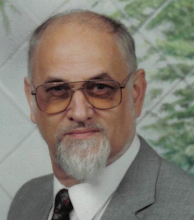 Demos (in the UK) has just published a most disturbing report, 'EX CURRICULA' documenting what most of us know or suspect. It addresses the growing and often ignored problem of NEETS (Not in Education, Employment or Training). The opening paragraph of the summary states:
Demos (in the UK) has just published a most disturbing report, 'EX CURRICULA' documenting what most of us know or suspect. It addresses the growing and often ignored problem of NEETS (Not in Education, Employment or Training). The opening paragraph of the summary states:"The number of young people not in education, employment or training (NEET) continues to confound policy makers. Policy initiatives have not worked to combat this seemingly intractable problem, largely because they are designed to impact too late, when a young person’s disengagement from their education is already endemic."
For me, as yet again, I was disappointed to see no reference throughout the 334 pages to e-Portfolios. It is my contention that the e-Portfolio in the contexts of NEETS cannot be ignored. The e-Portfolio (and in particular eFolio) is specifically designed to meet two very obvious needs: The need felt by children to give expression to their own perception of 'ME', and secondly the e-Portfolio can give an enhanced view of the young person's background and feelings which family, carers, education staff, mentors and club leaders etc can do well to read and understand.
So, perhaps my readers might start the ball rolling by suggesting clear examples of how an e-Portfolio can do for NEETS what the high ground of HE so regularly claim!





